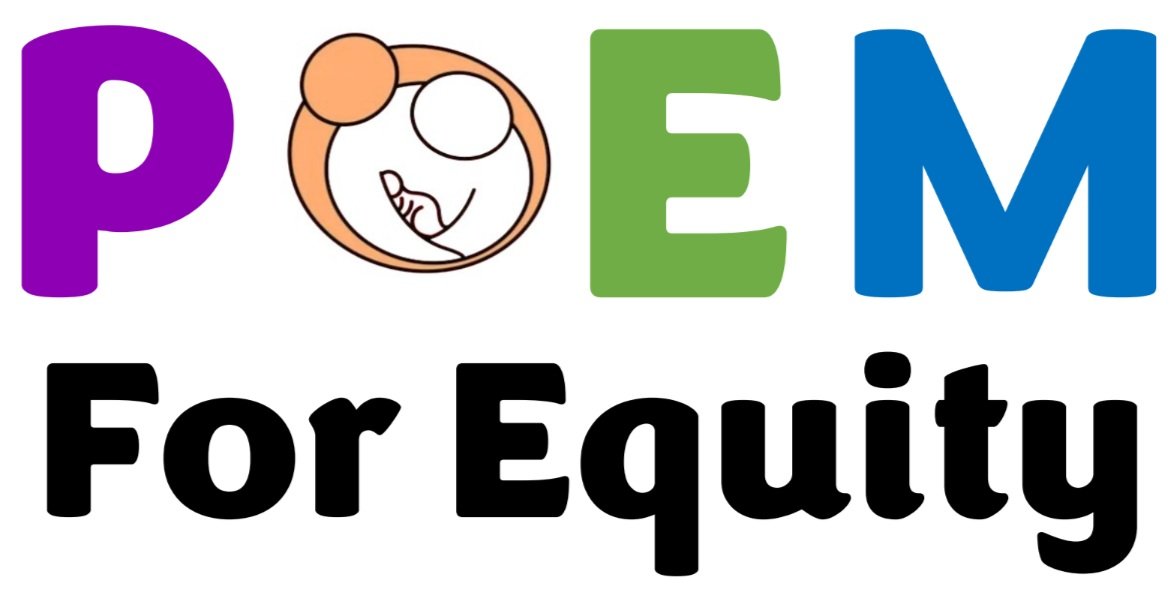Reflections from a Researcher
Written by Frances M. Howell
7/24/2024
Frances M. Howell, MPhil, MA (she/her) is the POEM Project Coordinator, VIBE Lab Researcher, and Reproductive Health Equity Scholar. Frances is a PhD Candidate at CUNY Graduate Center and uses qualitative and mixed-methods research to examine reproductive health, rights, and justice for all.
Over the weekend of June 15th, 2024, I attended the Society for Qualitative Inquiry in Psychology’s annual conference. One of the many amazing talks I attended was a roundtable dialogue about the challenges and ethical practices of empathy in psychological research. One of the speakers, Dr. Jeanne Marecek talked about the role of empathy in conducting qualitative research. Dr. Marecek didn’t talk about the performance of “doing empathy” that people in academic spaces are often taught (for example, saying phrases like “I know that must be tough” and “I can only imagine what you’re going through”) that might make the person appear to be empathetic, but are a bit hollow. As a researcher who has stated such phrases when talking to participants about their lived experiences, I was taken aback and started to reflect on my own experiences and “performance of empathy.”
My role in POEM for Equity is two-fold. I am a research project coordinator tasked with submitting reports and invoices, ensuring we’re meeting our research goals and deadlines, and my favorite – I hope you can detect my sarcasm here – is dealing with the Institutional Review Board (IRB). I’m also a qualitative researcher and have the privilege of interviewing postpartum people whose birth was paid for by Medicaid about what it’s like going to the doctor when you have Medicaid. For the past year or so, I’ve been interviewing people about what it’s like being a person with Medicaid going to the doctors, giving birth, and getting healthcare postpartum. During these interviews I try my best to actively listen to what they have to say and to affirm their experiences. In short, I try to be empathetic to their lived experiences and make them feel heard. However, after reflecting on what Dr. Marecek and my brilliant friend and scholar Varnica Aurora had to say about the role of empathy, or rather false empathy, from researchers I began to question this. You see, as a researcher I’m in a position of power and privilege. While I have been underpaid and uninsured when I first graduated from college, I am currently employed by an Ivy League institution and I am pursuing a PhD. These positions' titles hold weight, especially when I am interviewing people who have life experiences that I may never be able to personally relate to. How can I possibly and realistically “put myself in their shoes” when they’re too small on me because of the constraints they face from systemic and institutional oppression? As a researcher, I am charged with analyzing and interpreting their stories to hopefully better understand what it’s like to be them. I am also responsible for taking those interpretations and doing something with them to make their future lives easier so that their shoes fit a bit better and aren’t so constricted. Maybe it's not my place to be empathetic and to try to put myself in their shoes, but instead to actively listen to what they have to say and to use my power to do something about it so that they don’t have to. While I don’t have any answers to my own questions and ramblings, I believe that the fact that I’m even thinking about it means that I’m doing right by the participants in POEM for Equity and that I am, indeed, an empathic researcher. I’ll end this reflection from a researcher with a final question. Maybe empathy doesn’t have space in qualitative research, and maybe it's not my job to try to relate to them. Instead, maybe it’s my job to listen to them, to treat their stories with care, and to use my interpretations of the patterns across their stores to fight for a more just world.

